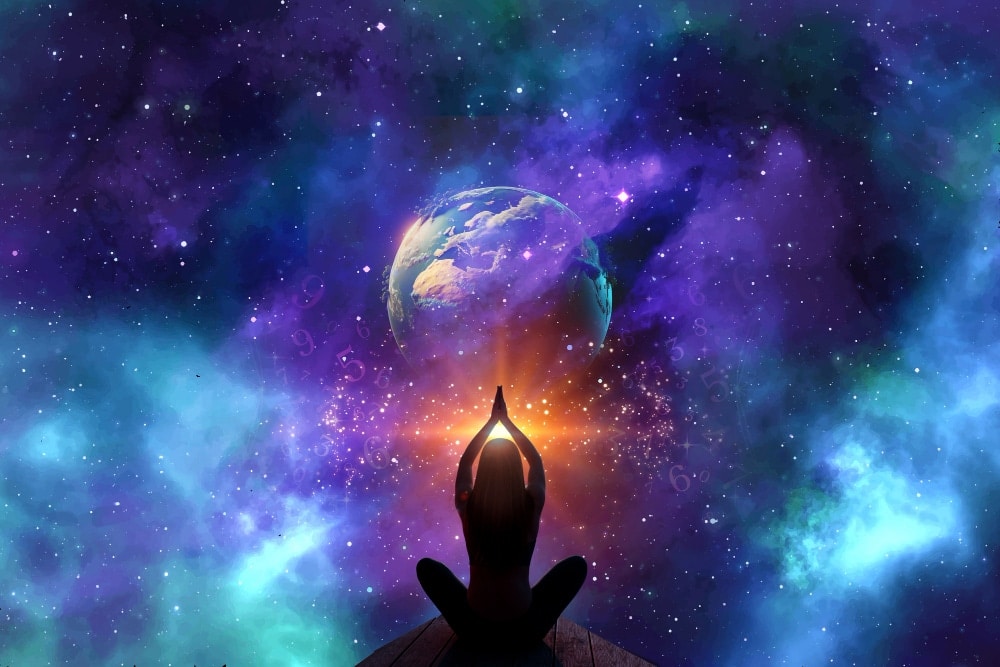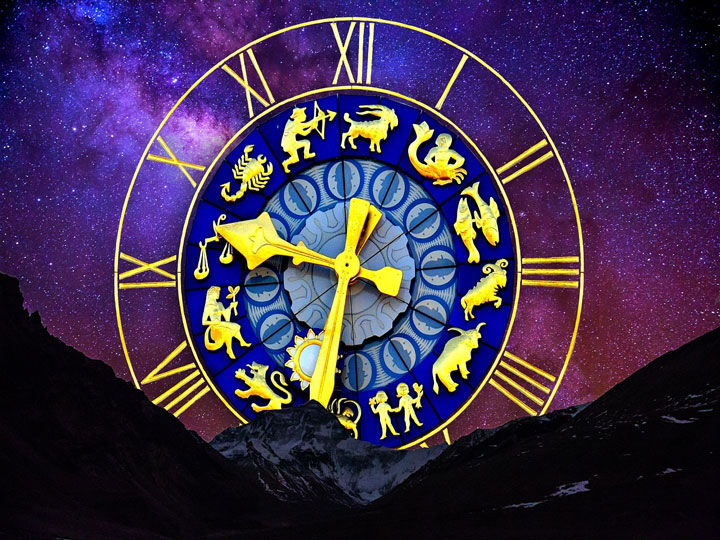Astrology. You’ve probably seen it in magazines, on social media, or even discussed it with friends: “I’m such a Leo” or “Mercury is in retrograde again!” But what, exactly, is astrology? Is it science, belief, ancient wisdom, or just entertainment? In this guide, we’ll break down everything you need to know—from its origins to how it works, and why people are still fascinated by it today.
What Is Astrology? (Quick Answer)
Astrology is the study of how the positions and movements of celestial bodies—like the Sun, Moon, planets, and stars—are believed to influence human life, personality, and even world events. It’s based on the idea that there’s a relationship between what’s happening in the sky and what’s happening on Earth.
Though not recognized as a science, astrology continues to be popular worldwide. People often use it to gain insights into themselves, their relationships, and the future.
A Brief History of Astrology
Astrology has ancient roots that stretch back thousands of years. The earliest records of astrological practice come from Babylon (modern-day Iraq) as far back as 2,000 BCE. The Babylonians developed a form of celestial prediction that later influenced the Greeks and Romans.
- Ancient Egypt contributed to the mystical and symbolic elements of astrology.
- Greek philosophers, especially Ptolemy, systematized astrology into the form most familiar in the West today.
- In India, a parallel system called Vedic astrology (Jyotish) evolved, which remains widely practiced across South Asia.
Astrology has woven its way through nearly every major culture in history, including Chinese, Mayan, and Islamic civilizations.
The Zodiac: The 12 Astrological Signs
The foundation of Western astrology is the Zodiac—a circle of twelve signs, each corresponding to a 30-degree section of the 360-degree path the Sun appears to travel over the course of a year.
Here are the 12 zodiac signs and their typical date ranges:
| Zodiac Sign | Dates | Symbolic Traits |
| Aries | Mar 21 – Apr 19 | Bold, driven, competitive |
| Taurus | Apr 20 – May 20 | Steady, practical, sensual |
| Gemini | May 21 – Jun 20 | Curious, communicative, witty |
| Cancer | Jun 21 – Jul 22 | Emotional, intuitive, nurturing |
| Leo | Jul 23 – Aug 22 | Confident, passionate, dramatic |
| Virgo | Aug 23 – Sep 22 | Analytical, organized, helpful |
| Libra | Sep 23 – Oct 22 | Balanced, charming, diplomatic |
| Scorpio | Oct 23 – Nov 21 | Intense, private, powerful |
| Sagittarius | Nov 22 – Dec 21 | Adventurous, honest, restless |
| Capricorn | Dec 22 – Jan 19 | Ambitious, disciplined, serious |
| Aquarius | Jan 20 – Feb 18 | Visionary, rebellious, intellectual |
| Pisces | Feb 19 – Mar 20 | Dreamy, sensitive, spiritual |
How Astrology Works (According to Practitioners)
At its core, astrology uses the birth chart (also known as a natal chart)—a map of the sky at the exact time and place of your birth. Think of it as a celestial fingerprint. It includes:
- The Sun sign: Your core identity and ego (the most well-known).
- The Moon sign: Your emotional self and subconscious.
- The Rising sign (Ascendant): How you appear to others; your “mask.”
Each planet in the chart represents a different part of your personality (e.g., Venus = love, Mercury = communication), and their positions in the 12 houses describe which life areas are affected.
Practitioners also examine aspects, or angles between planets, which they interpret as harmonious or challenging dynamics.
Is Astrology a Science?
From a scientific standpoint, astrology is considered a pseudoscience—meaning its methods aren’t supported by empirical evidence or scientific testing. There’s no confirmed mechanism by which planets or stars could influence personality or destiny.
However, many people don’t use astrology as hard science. Instead, they use it as a tool for self-reflection, personal growth, and even spiritual insight. Some psychologists suggest astrology works because of the Barnum effect—where people believe vague or general statements are personally meaningful.
Why Do People Still Believe in Astrology?
Despite scientific criticism, astrology remains incredibly popular. Why? A few reasons:
- It’s relatable: The descriptions often feel accurate and give people language for their emotions.
- It’s fun: Reading horoscopes or checking compatibility adds a playful element to daily life.
- It feels empowering: Astrology gives people a sense of control or understanding during uncertain times.
- It connects people: Astrology is widely discussed on social media and in relationships—it’s a shared language.
In short, astrology offers both comfort and curiosity, even if you don’t take it too seriously.
Modern Astrology: More Than Just Horoscopes
Today, astrology has gone digital. You can generate full birth charts in seconds with apps like Co–Star, The Pattern, or TimePassages. You’ll also find:
- Daily horoscopes in newspapers and apps
- Astrology TikToks and memes
- Relationship compatibility readings
- Career and life guidance sessions
Astrology has moved beyond Sun signs—more people are now diving into deeper, personalized interpretations.
Common Misconceptions About Astrology
- Astrology is not astronomy: Astronomy is the scientific study of space. Astrology is a symbolic system.
- It’s not fortune-telling: Astrology doesn’t “predict” events with certainty—it’s more like a weather forecast of energies or tendencies.
It’s not one-size-fits-all: Just knowing your Sun sign only scratches the surface. Your full chart offers much more detail.
Can astrology really predict the future?
Not exactly. Astrology shows potential trends or themes, not guaranteed outcomes.
What’s the difference between Sun, Moon, and Rising signs?
Sun is your core self, Moon is your emotional self, and Rising is your outward persona. All three are key to your astrological profile.
Is astrology real?
It depends on how you define “real.” Scientifically, it’s unproven. Subjectively, it can feel accurate and useful for many people.
Can astrology help with relationships?
Many use astrology to understand compatibility and communication styles, though it shouldn’t replace honest dialogue and emotional work.
Final Thoughts
So, what exactly is astrology? It’s an ancient, symbolic system that maps the sky to better understand life on Earth. While it’s not scientifically proven, astrology continues to resonate with millions for its insights, entertainment, and spiritual significance. Whether you’re a skeptic or a starry-eyed believer, there’s no denying astrology’s lasting impact on culture, relationships, and self-discovery.




